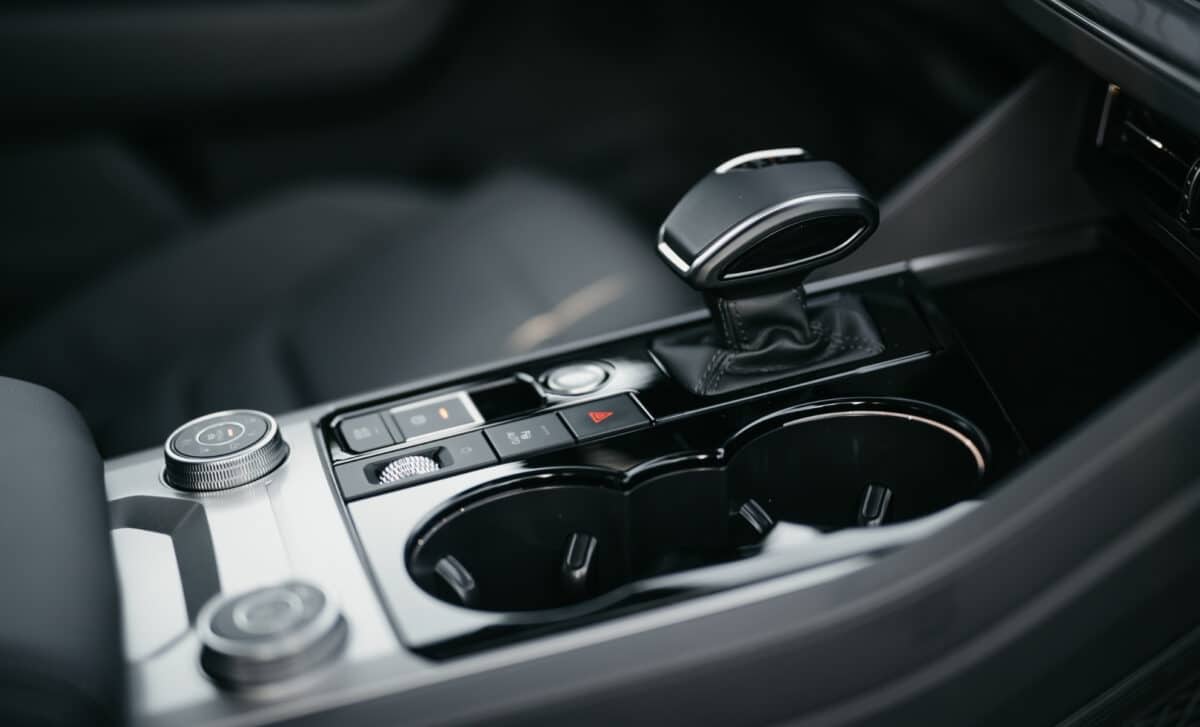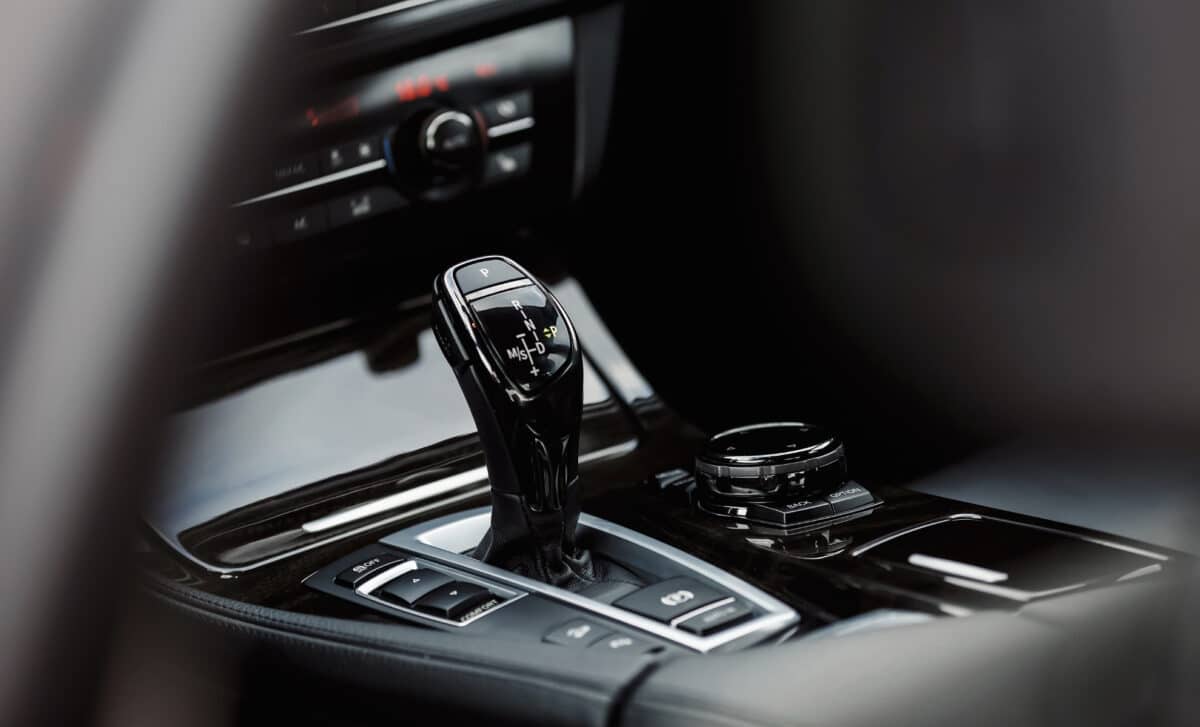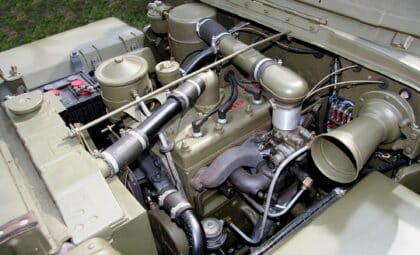From driving through deep water to skipping fluid changes, the mechanic lays out simple but critical advice for anyone driving an automatic. His guidance isn’t just for car enthusiasts—these are rules every driver can benefit from knowing.
Automatic transmissions are often praised for their convenience and ease of use, especially in urban driving. But despite their reputation for being low-maintenance, they require just as much care as manual systems—if not more. When neglected, repairs can become extremely costly, often running into thousands of dollars.
Water and Transmissions Don’t Mix
One of the most immediate dangers to an automatic transmission is driving through deep water. As the mechanic explains, water entering the transmission system can lead to irreversible internal damage. “Let’s just say water and automatic transmissions do not go together,” he says, reinforcing the importance of avoiding flood-prone routes when possible.
This point may seem obvious, but it’s often overlooked during heavy rains or in rural areas where water can accumulate quickly. According to Supercar Blondie, this type of exposure can corrode transmission components and lead to gear slippage or complete failure, requiring either extensive repairs or a full replacement.

Shifting Into Reverse While Moving Can Destroy the System
Another major mistake, the mechanic notes, is accidentally shifting from drive to reverse while the car is in motion. This action can cause catastrophic damage to the transmission’s internal gears. Because automatic systems rely on precise coordination of hydraulic pressure and timing, any disruption—especially one as sudden as shifting into reverse while moving—can be destructive.
“Let’s be real,” the mechanic says bluntly, “that is not ideal in any circumstance.” The impact can be instantaneous, and unlike some other car issues, there’s usually no early warning. Once the damage is done, there are few options beyond a complete overhaul.
Overheating During Idle and Ignoring Fluid Maintenance
The mechanic also warns against keeping the car in drive while idling for long periods, as it can generate excess heat within the transmission. The longer the car stays in drive without moving, the more heat builds up, which can wear down components over time. His advice: shift into park when waiting, especially in traffic or at long signals.
Lastly, he emphasizes the importance of changing the transmission fluid. While newer cars may come with longer-lasting fluids, older models still require regular fluid replacement to function properly. Drivers should aim to change their transmission fluid every 60,000 to 80,000 miles, a figure supported by most automotive maintenance guidelines.
Skipping this step can cause the fluid to degrade and lose its ability to lubricate and cool the system, leading to increased friction and wear.
Small Habits, Big Consequences
The mechanic’s final piece of advice may come off as obvious: avoid doing burnouts. While it might seem like harmless fun, regularly pushing the transmission with high-torque maneuvers puts extra strain on the drivetrain. Over time, this can result in decreased performance and eventual failure.
Although these points might seem like common sense to experienced drivers, they’re often neglected in daily use.









